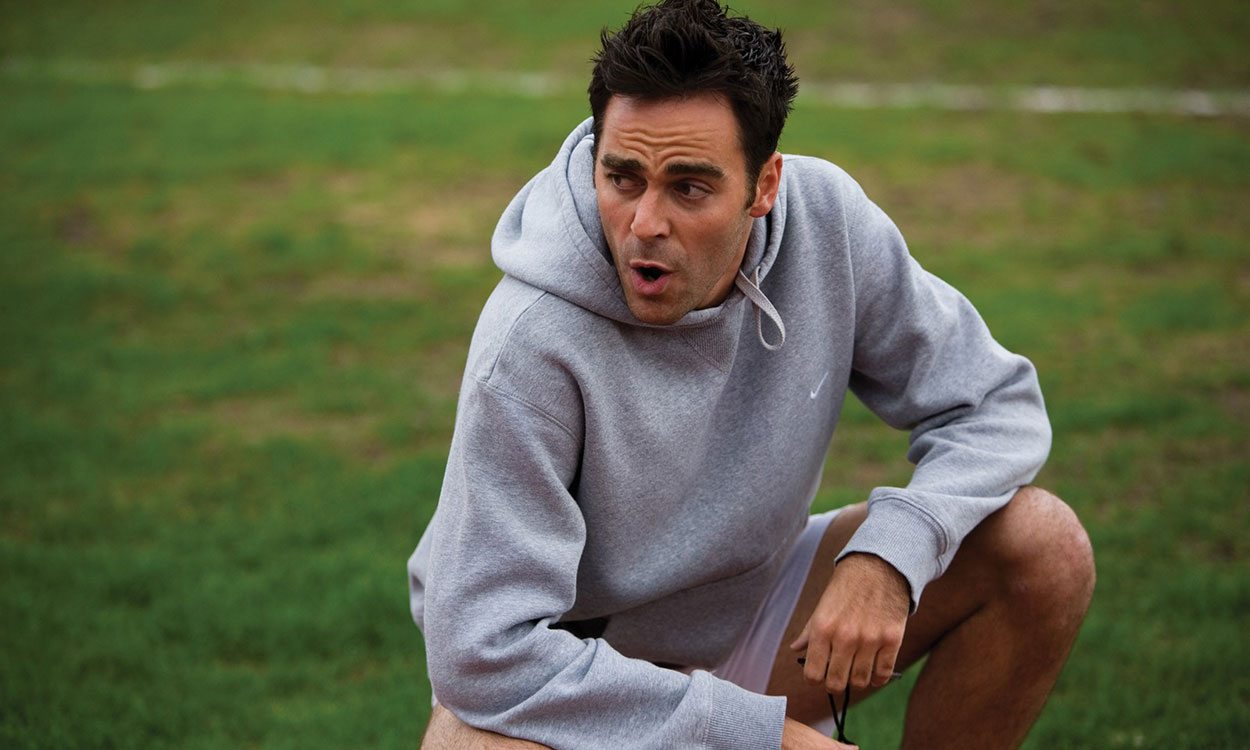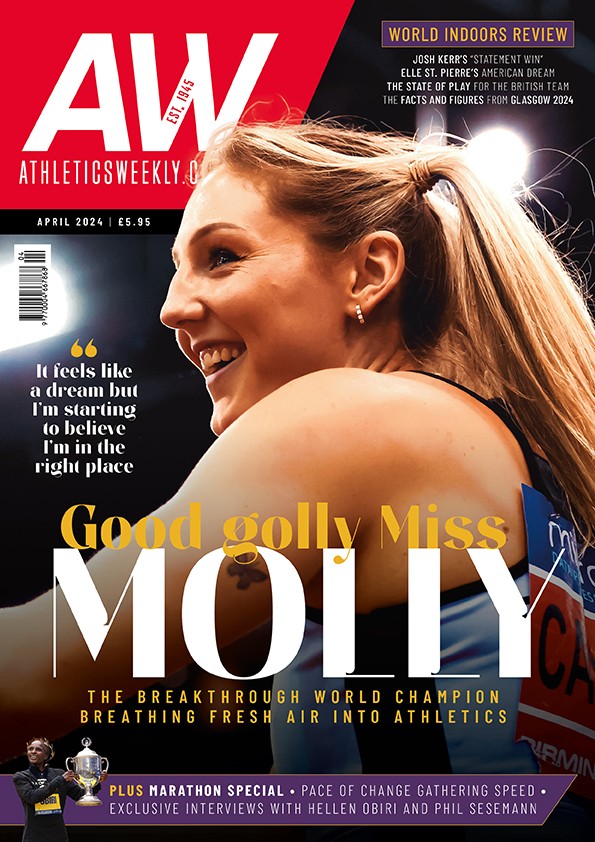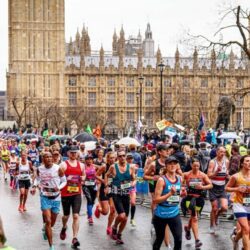Training is the stimulus but recovery provides the adaptation and is vitally important, as Eleanor Jones explains
Everyone has heard of someone who has “over-trained”, but what does it actually mean? Let me change your perception – have you ever heard of “under-recovery”?
Over-training occurs when athletes do too much too soon. Training should stretch you, push your limits – this is the overload. Normally, your body has time (and nutrients) to adapt and recover, ready to go again. But if you compromise on the bit in between problems can arise.
Here are some simple tips and tricks to maximise your recovery. Progress from the basic recovery strategies to the more advanced, rather than going for the “sexier” ones.
Writing down your recovery strategies is useful too – how do they differ, for example, in competition (between heats), in winter training, in peak season?
Pedestrian
These are basic tools everyone should use (coaches included)!
After a session:
» Cool down
» Recovery food – replace fuel, fluid and proteins
» Sleep
» Switch off – socialise, get away from your sport
Jogger
Easy to implement strategies for the regular trainer.
After a session:
» Compression garments
» Self-massage using foam roller or balls
Training strategies:
» Passive and active rest in your programme (no activity and/or off your feet. Work or school might count here)
» A rest day a week
» One light week per cycle (usually 4-6 weeks)
» Periodised training (alternating high and low volume or intensity)
» Reactive programming – you don’t have to do a session on a Tuesday, just because everyone else does. If you’re tired and can’t do it well, wait until Wednesday.
Runner
Targeting certain times or competitions? You need to get a bit more organised!
Periodic aftercare:
» Sports massage (monthly)
» Pool recovery sessions
» Sauna bathing (can help promote endurance gains after sessions – use in the base phase)
» Ice/contrast bathing – it is advised that you should seek professional advice to do this safely
Elite athlete
Training full time? No worries – I have some ideas for you too. You might see these techniques used by support staff and athletes at world-class level. These obviously involve a lot more investment of time and resources.
» Proactive physiotherapy sessions
» Blood tests
» NormaTec boots (see normatecrecovery.com)
» Eleanor Jones is senior sport scientist at the University of Birmingham and a BASES-accredited sport scientist with an IOC diploma in sports nutrition














